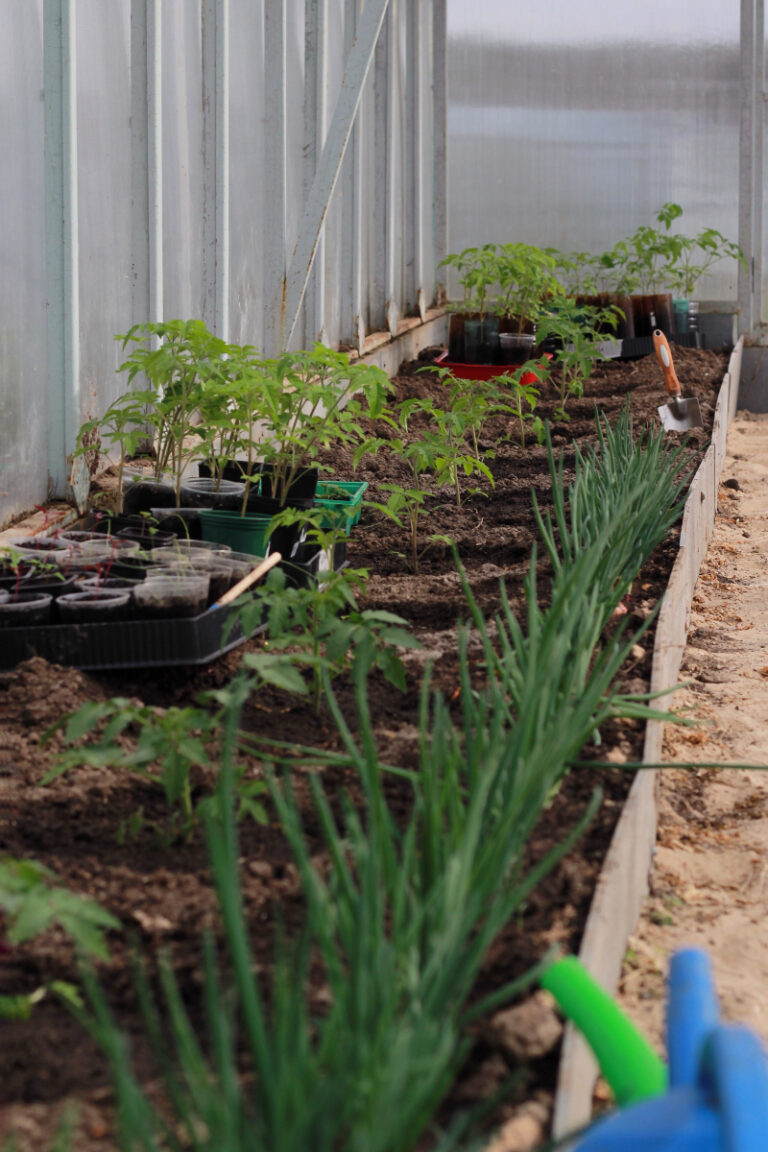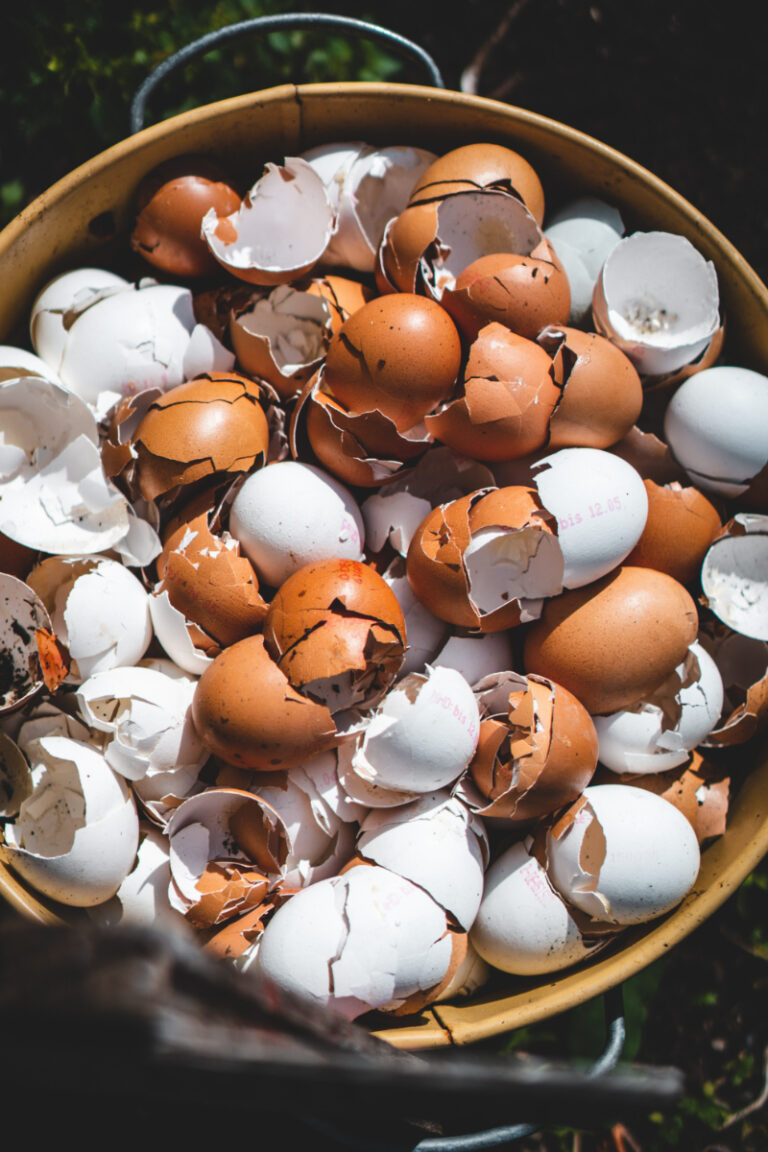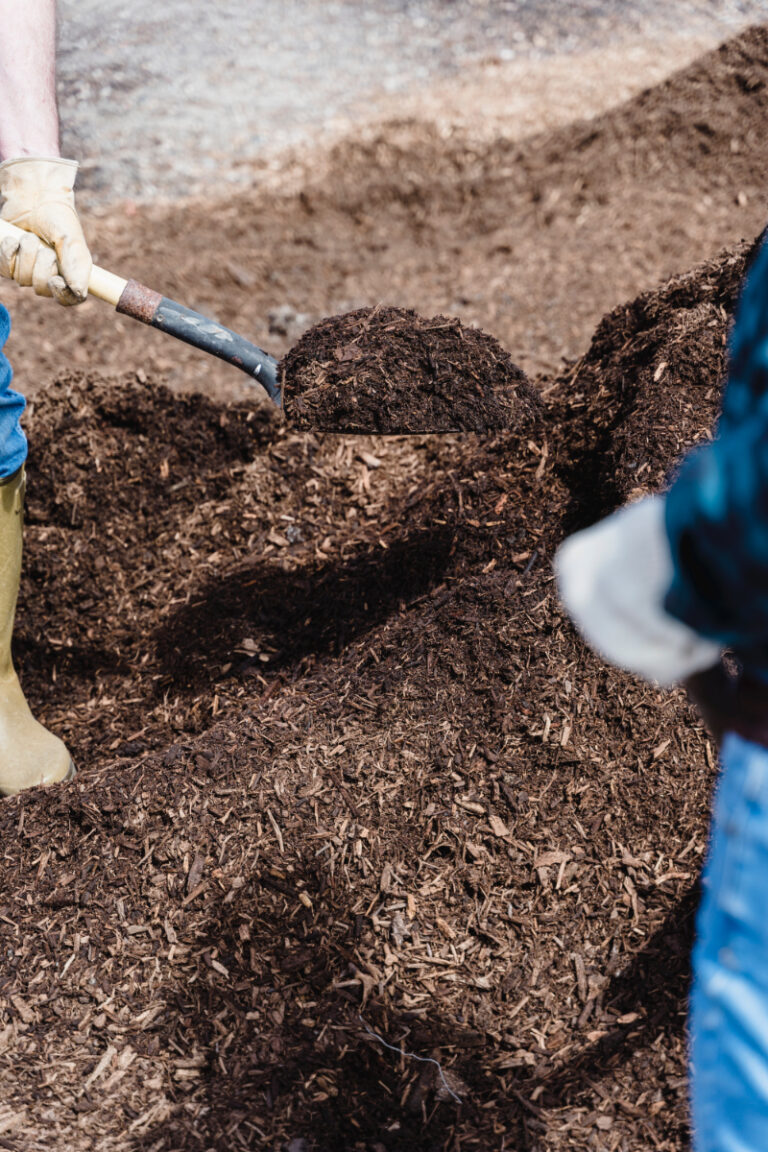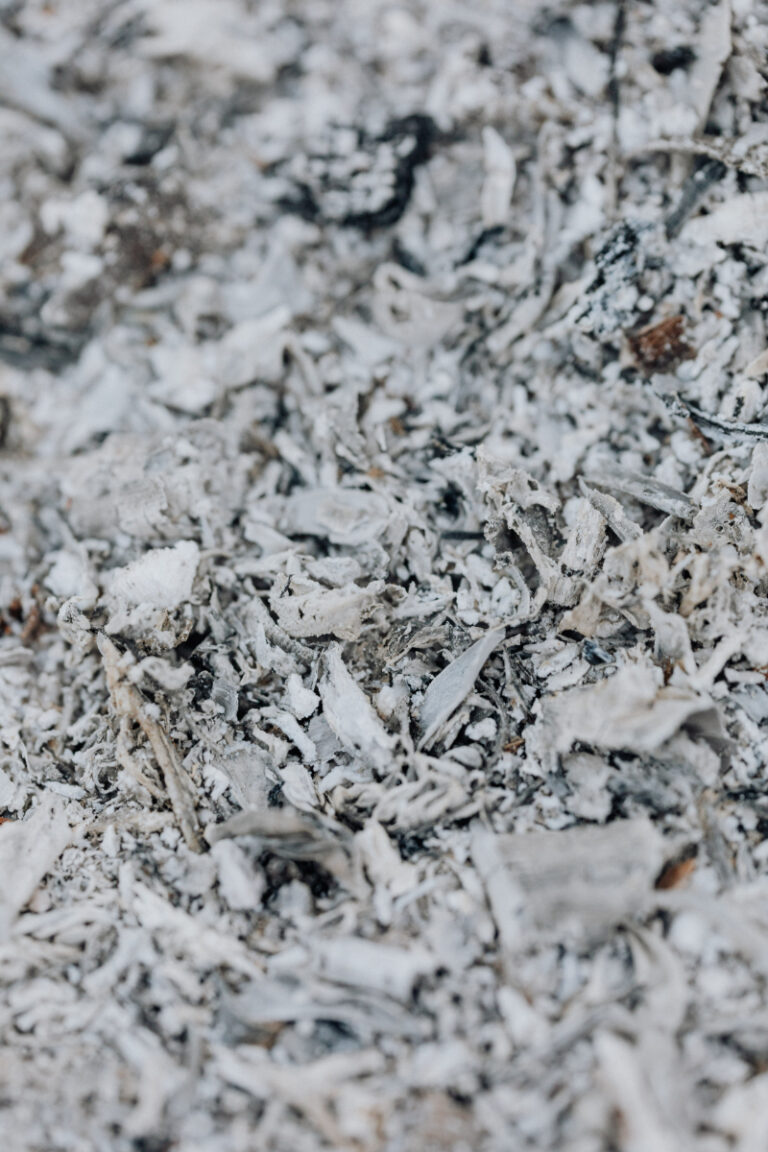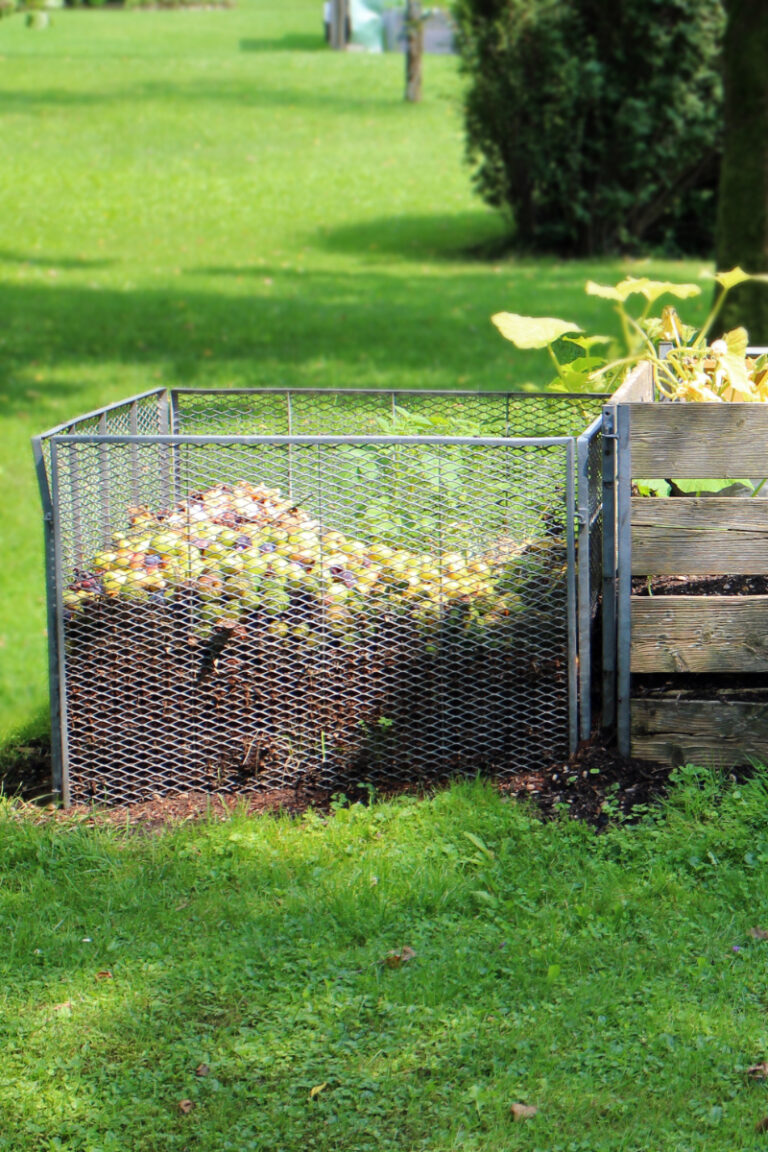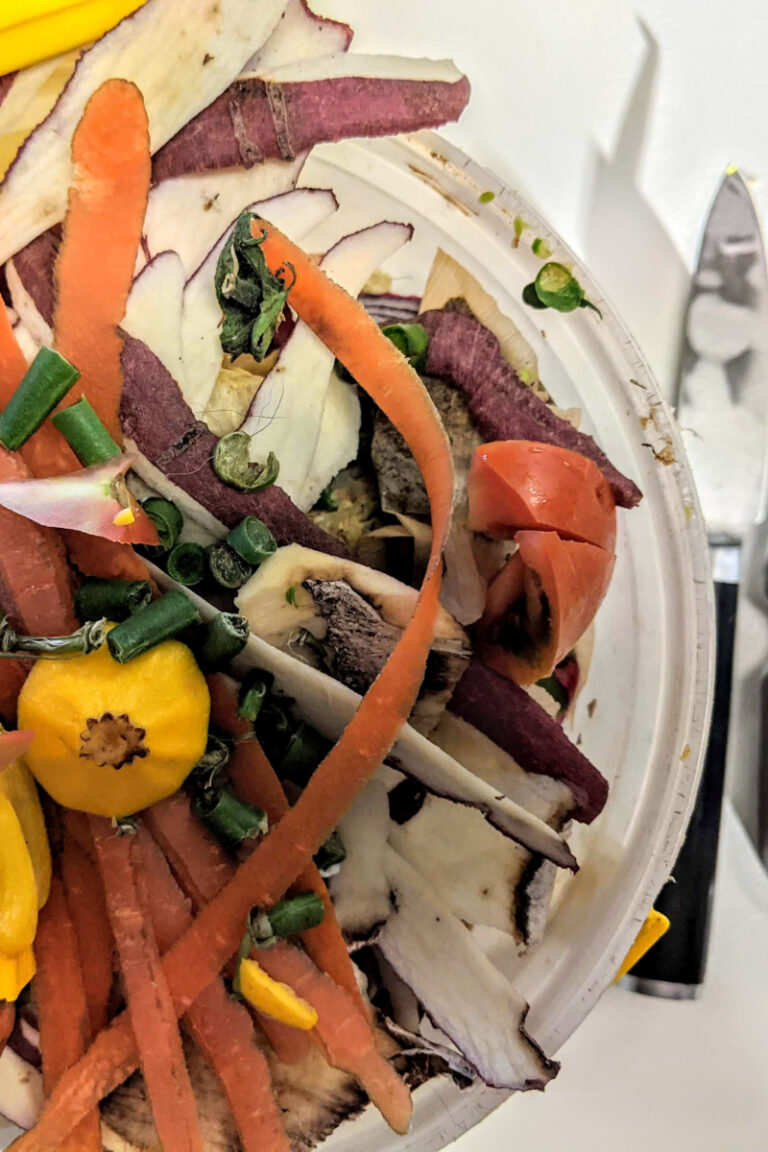Easy Guide: How to Compost Pine Needles
Composting pine needles can be a bit of a prickly question for many gardeners. Pine needles are known to be acidic, while most compost is naturally alkaline. However, with some proper mixing and patience, pine needles can be a great addition to your compost pile.
One option for composting pine needles is to simply leave them where they fall, allowing them to serve as a ground cover mulch for the pine tree.
As more pine branches and dry needles fall, they keep the mulch looking fresh and eventually break down, providing the tree with rich, organic nutrients.
Another option is to actively compost the needles by mixing them with other composting materials. It’s important to note that pine needles decompose very slowly and should be mixed with a good variety of other composting materials for best results.
Overall, composting pine needles can be a great way to add valuable nutrients to your garden soil. While it may take a bit longer than other composting materials, the end result is well worth the wait. So, lets get into it and show you how to compost pine needles!
Understanding Pine Needles and Composting
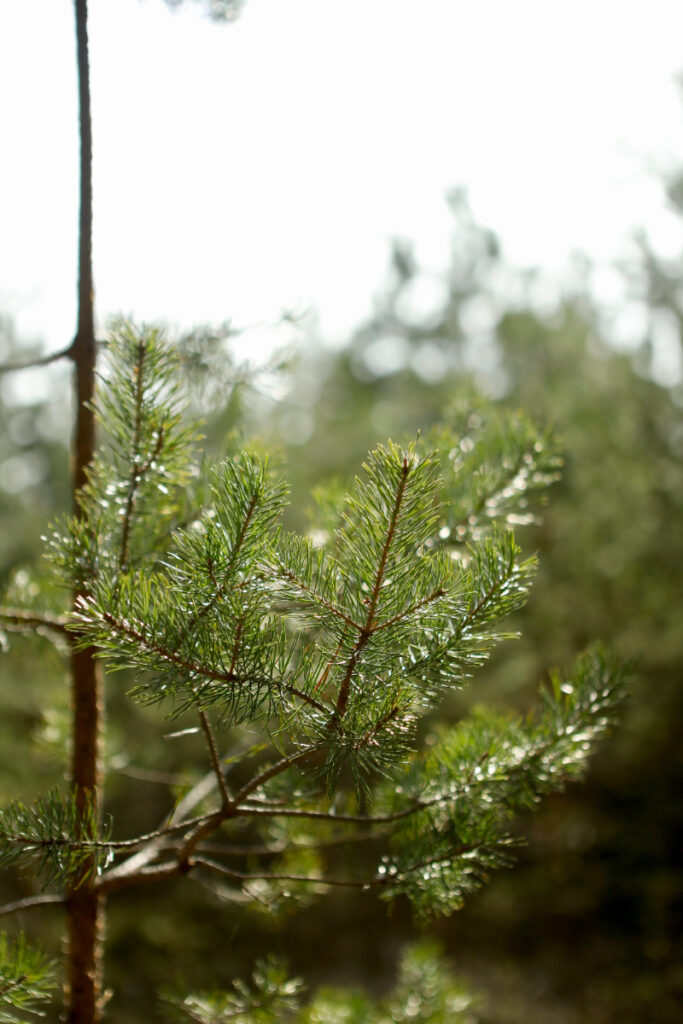
The Nature of Pine Needles
Pine trees are evergreen trees that have needles instead of leaves. These needles are thin, long, and have a waxy coating that helps to protect them from drying out.
Pine needles are a great source of carbon, which is an essential ingredient in compost. However, they break down more slowly than other organic matter in a compost pile, even when the pile is hot.
Why Compost Pine Needles
Composting pine needles can help reduce waste and create nutrient-rich compost. Pine needles are a great source of carbon, which balances the nitrogen-rich materials in the compost pile.
This balance is important because it helps to prevent the pile from becoming too acidic, which can slow down the decomposition process.
When composting pine needles, it’s important to note that they should be limited to 10 percent of the total volume of the pile. This is because pine needles break down more slowly than other organic matter in a compost pile, and adding too many can slow down the decomposition process.
One way to compost pine needles is to simply leave them where they fall, allowing them to serve as a mulch for the pine tree.
If you want to speed up the composting process, use aged pine needles. They should be at least a few months old.
For best results, compost pine needles that were used as mulch. In that case, the old pine needles would need about 3 weeks to break down and turn into compost.
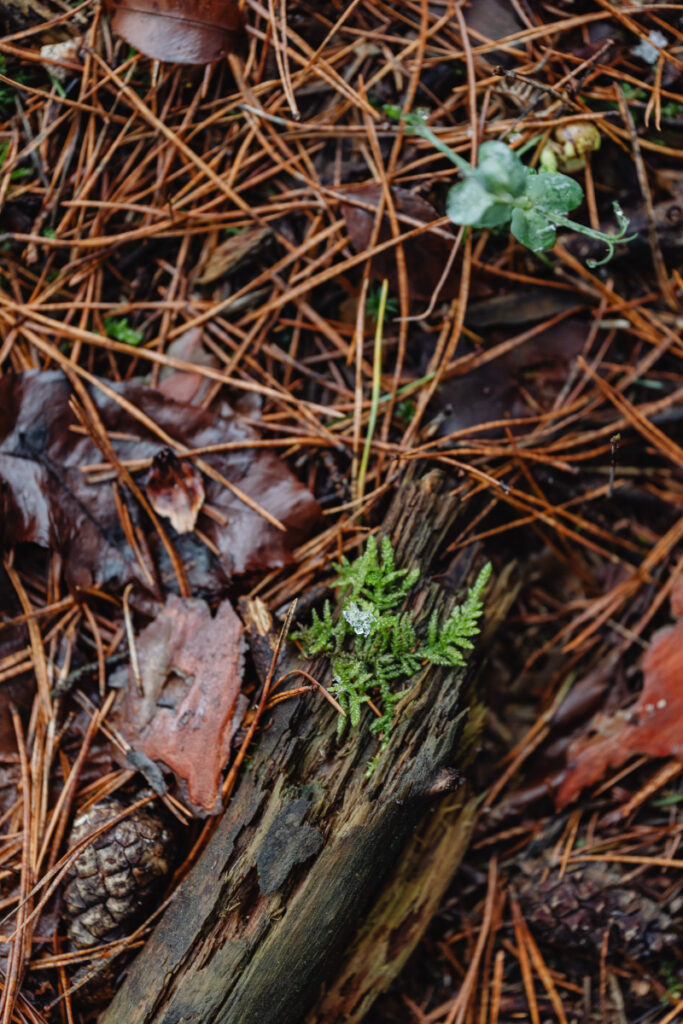
How To Compost Pine Needles
Materials Needed
To compost pine needles, you will need the following materials:
- Pine needles
- ‘Brown’ Carbon-Rich materials
- Compost heap or bin
- Water
- Garden fork or shovel
Step-by-Step Guide
Composting pine needles is a simple process that can be done in a few easy steps:
- Collect the pine needles: Gather the pine needles from your yard or surrounding areas. Pine needles are an excellent source of carbon and can help balance the nitrogen-rich materials in your compost pile.
- Shred the pine needles: Shred the fresh pine needles into smaller pieces using a garden shredder or a pair of garden shears. This will help the pine needles break down more quickly and prevent them from matting together and forming a barrier that prevents air and moisture from reaching the other materials in the compost pile.
- Add the pine needles to the compost pile: Add the shredded pine needles to your compost pile or bin. It’s important to mix the pine needles with other organic materials such as grass clippings, leaves, and kitchen scraps to create a balanced compost pile.
- Water the compost pile: Water the compost pile to keep it moist. Pine needles are slow to decompose, so it’s important to keep the pile moist to speed up the process.
- Turn the compost pile: Turn the compost pile with a garden fork or shovel every few weeks to aerate it and help the materials break down more quickly. This will also help prevent the pine needles from matting together and forming a barrier.
- Use the compost: Once the compost is ready, use it in your garden to improve soil quality and provide nutrients to your plants.
Composting pine needles is a great way to reduce waste and create nutrient-rich soil for your garden. By following these simple steps, you can turn your pine needles into a valuable resource for your garden.
Tips for Successful Pine Needle Composting
Composting pine needles can be a bit tricky. However, with a few tips and tricks, you can turn your pine needles into nutrient-rich soil for your garden. Here are some tips for successful pine needle composting:
Balancing Green and Brown Materials
To successfully compost pine needles, it’s important to balance green and brown materials. Pine needles are considered brown materials, which are high in carbon.
To balance this, you’ll need to add green materials that are high in nitrogen. This can include grass clippings, vegetable scraps, and coffee grounds.
A good rule of thumb is to have a 3:1 ratio of brown to green materials. This will help ensure that your compost pile heats up properly and breaks down the pine needles.
Maintaining Proper Moisture Levels
Pine needles are notorious for drying out quickly, so it’s important to maintain proper moisture levels in your compost pile.
Your compost pile should be damp, but not too wet. If it’s too wet, it can become anaerobic and start to smell.
To maintain proper moisture levels, you can add water to your compost pile as needed. If you’re using a compost bin, make sure it has drainage holes to allow excess water to escape.
Ensuring Adequate Aeration
Adequate aeration is also important for successful pine needle composting. Pine needles can mat together and create air pockets, which can slow down the composting process. To prevent this, it’s important to turn your compost pile regularly.
If you’re using a compost bin, you can use a compost aerator tool to help mix the materials. If you’re using a compost pile, you can use a pitchfork to turn the materials.
By following these tips, you can successfully compost pine needles and create nutrient-rich soil for your garden. Remember to be patient, as pine needles can take longer to break down than other materials. With time and effort, you’ll have a beautiful, healthy garden in no time!
Common Mistakes to Avoid in Pine Needle Composting
Composting pine needles can be a great way to add organic matter to your garden soil. However, there are some common mistakes that you should avoid to ensure that your compost is healthy and effective.
Mistake 1: Adding too many pine needles at once
Pine needles are slow to decompose compared to other organic materials, so it’s important to add them to your compost pile gradually.
Adding too many pine needles at once can create a thick layer that doesn’t allow air to circulate, which can slow down the composting process.
To avoid this, add pine needles in small amounts and mix them with other materials like shredded paper bags, grass clippings, vegetable scraps, or shredded leaves.
Mistake 2: Not shredding pine needles
Pine needles are naturally resistant to decomposition, so shredding them into small pieces can help speed up the process.
If you add whole pine needles to your compost pile, they may take longer to break down and can create clumps that don’t mix well with other materials. To shred pine needles, you can use a lawn mower or a leaf shredder.
Mistake 3: Using pine needle compost too soon
Composting pine needles can take longer than other materials, so it’s important to be patient and wait until the compost is fully decomposed before using it in your garden.
Using pine needle compost that hasn’t fully decomposed can be harmful to your plants, as it can be too acidic and may contain toxins that can harm plant growth.
To ensure that your compost is fully decomposed, wait at least six months before using it in your garden.
Mistake 4: Adding pine needles to acidic soil
Pine needles are naturally acidic (low pH), so if you have acidic soil, adding pine needles to your compost pile can make it even more acidic. This can be harmful to plants that prefer neutral or alkaline soil.
To avoid this, test your soil pH level before adding pine needles to your compost pile. If your soil is already acidic, it’s best to avoid adding pine needles altogether to prevent lowering the pH of your soil further.
By avoiding these common mistakes, you can ensure that your pine needle compost is healthy, effective, and safe for your plants.
Benefits of Composting Pine Needles
Composting pine needles has several benefits. Here are some of the advantages of composting pine needles:
- Nutrient-rich soil: Composting pine needles results in nutrient-rich soil that is ideal for plants. Pine needles are rich in nitrogen, which is essential for plant growth. When pine needles are composted, they break down and release nutrients into the soil.
- Improves soil structure: Composting pine needles can also improve soil structure. Pine needles are lightweight and don’t compact as easily as other organic matter. When pine needles are added to the soil, they help to loosen it up, allowing air and water to circulate more easily.
- Eco-friendly: Composting dried or fresh needles is an eco-friendly way to dispose of yard waste. Instead of sending pine needles to the landfill, where they will take a long time to decompose, composting them allows them to be used to benefit the environment.
- Cost-effective: Composting pine needles is also cost-effective. Instead of purchasing expensive fertilizers and soil amendments, you can create your own nutrient-rich soil by composting pine needles.
- Reduces erosion: Pine needles can also be used as mulch to help reduce erosion. When pine needles are spread over the soil, they help to retain moisture and prevent soil from washing away during heavy rain.
Overall, composting pine needles is a great way to improve soil quality, reduce waste, and benefit the environment.
In Conclusion
Composting pine needles can be a bit tricky, but it is definitely possible. While some people believe that pine needles cannot be made into compost at all, others have found success with mixing additional organic matter into test bins containing ponderosa pine needles.
While pine needles are acidic, tests have shown that naturally decomposed pine needles at the bottom of years of layers of pine straw mulch become more and more neutral over time, ending up with a fairly neutral pH of between 5.6 – 6.0.
Overall, composting pine needles can be a great way to add valuable nutrients to your garden soil and reduce waste. Just remember to mix them with other organic materials, shred them, and be patient as they decompose. Happy composting!
Frequently Asked Questions
Q: How long does it take for pine needles to compost?
A: Pine needles decompose slowly, so it may take up to two years for them to fully break down. To speed up the process, it’s best to shred them into smaller pieces before adding them to your compost pile.
Mixing them with other composting materials, such as grass clippings and vegetable scraps, will also help to speed up the process.
Q: Are pine needles good for a compost pile?
A: Yes, pine needles are a great addition to a compost pile. They are rich in carbon, which is essential for creating nutrient-rich soil. They take awhile to decompose and are acidic, so make sure your plants and vegetables want more acid before adding pine needles to your compost heap.
However, it’s important to mix them with other composting materials to ensure a balanced ratio of carbon to nitrogen.
Q: Are dead pine needles good for the garden?
A: Yes, dead pine needles are a great addition to the garden. They can help to improve soil structure and retain moisture, which is especially beneficial for plants that prefer acidic soil.
However, it’s important to note that pine needles can take a long time to break down, so they may not be the best choice for plants that require immediate nutrient availability.
Q: Are pine needles good for mulch?
A: Yes, pine needles make great mulch. They are lightweight and easy to spread, and they can help to suppress weed growth and retain moisture in the soil.
However, it’s important to note that pine needles can be acidic, so they may not be the best choice for plants that prefer neutral or alkaline soil.
Q: What plants do not like pine needles?
A: Plants that prefer alkaline soil, such as tomatoes and peppers, may not thrive in soil that has been mulched with pine needles.
Additionally, pine needles can be sharp and may damage delicate plants, so it’s best to avoid using them around plants with soft stems or leaves.
Q: What can I do with fallen pine needles?
A: There are many ways to use fallen pine needles. They can be added to a compost pile, used as mulch in the garden, or even used to create a natural air freshener. They can also be used to make tea, which is said to have a variety of health benefits.
Whatever you choose to do with your fallen pine needles, be sure to handle them carefully, as they can be sharp and prickly.

